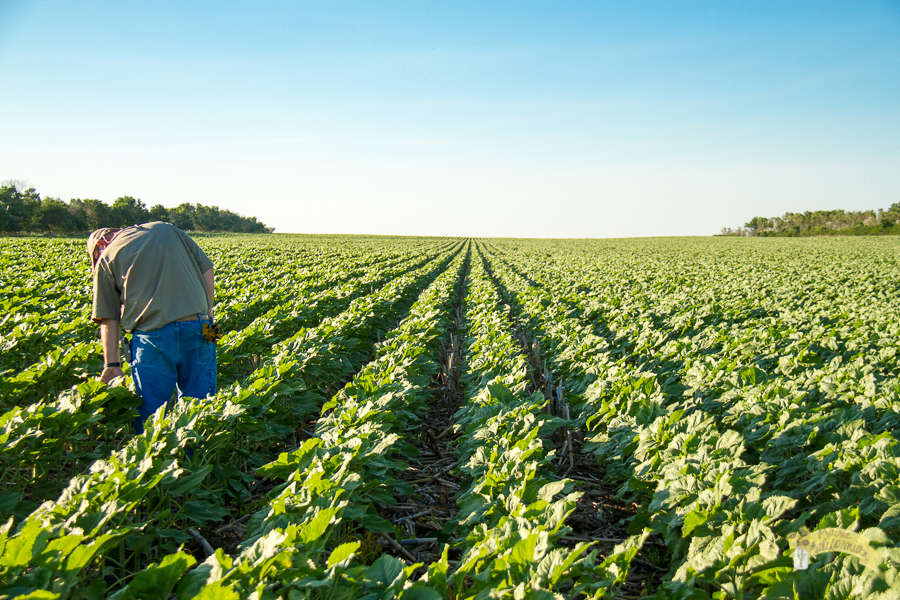What exactly are agronomists?

What exactly is an agronomist?
An agronomist is an expert who applies scientific understanding and approaches into the administration and manufacture of crops. Agronomists function in a variety of settings, from farms and ranches to government organizations and personal companies. They may work in research laboratories or train at colleges and universities.
Most agronomists have at least a bachelor's degree in agronomy or a connected industry, like agricultural science or soil science. Quite a few agronomists also have master's degrees or doctorates. The exact nature of the agronomist's position is determined by his / her specialty and employer.
Agronomists play a vital purpose in ensuring that crops are healthy and effective. They use their expertise in plant science to develop techniques to boost crop production, fight pests and diseases, and conserve water and various resources.
The role of an agronomist
is to help the earth fulfill its expanding food generation requirements. In accordance with the U.S. Bureau of Labor Studies (BLS), employment for agronomists learn more is expected to expand more rapidly than typical, with openings due learn more to development and substitute needs.
The work of an agronomist
is demanding and fulfilling, with agronomists normally being involved in research and education.
The training of an agronomist
Agronomists want no less than a bachelor's diploma in agronomy or linked subject from an accredited uni.
The way forward for agronomy
Agronomists help to make certain the whole world's population has enough food, and they work to improve crop yields and reduce agriculture's impact on the ecosystem. The BLS suggests that agronomists are in demand, but the level of competition for Work opportunities is probably going to become strong.
Conclusion
Agronomists are concerned with the study of plants, they usually do the job in many different fields, from agricultural analysis to boosting crops. Agronomists are required to make sure that crops are produced for consumption, but they also help develop biofuels and various plant-based read more products and solutions.